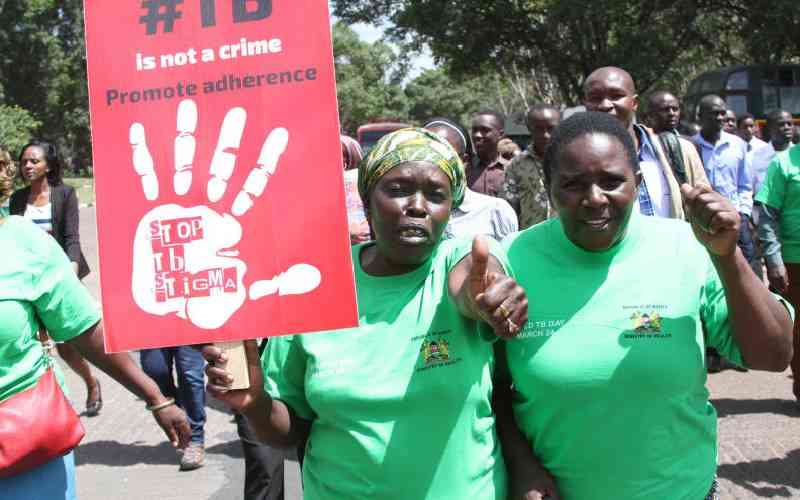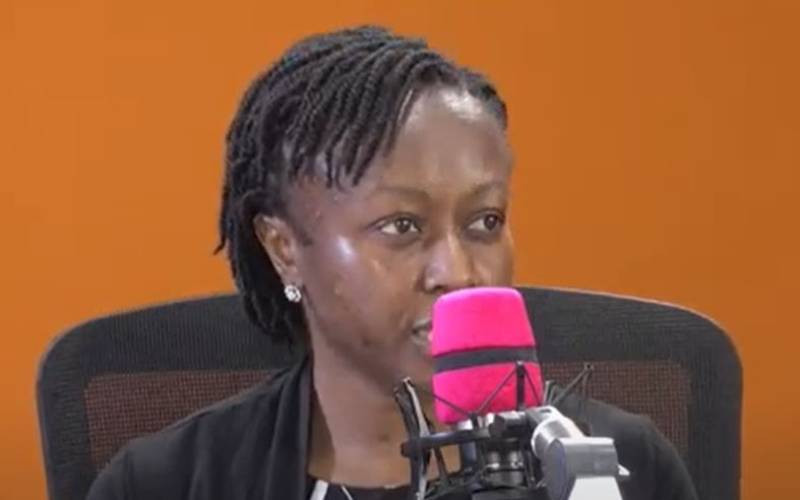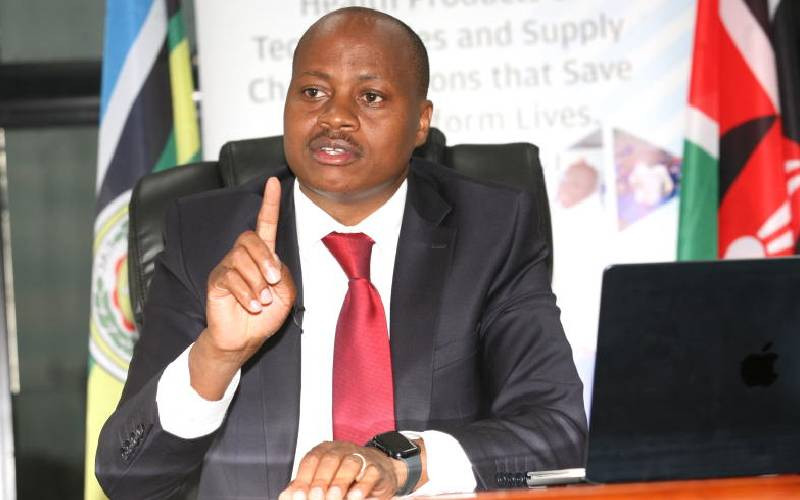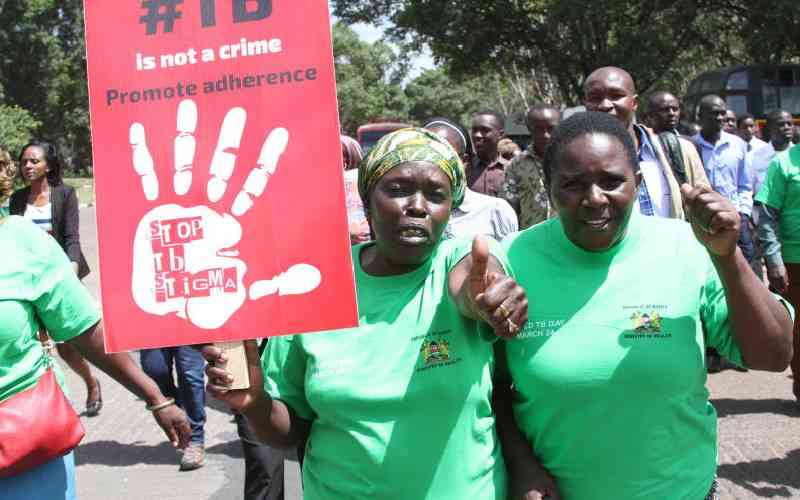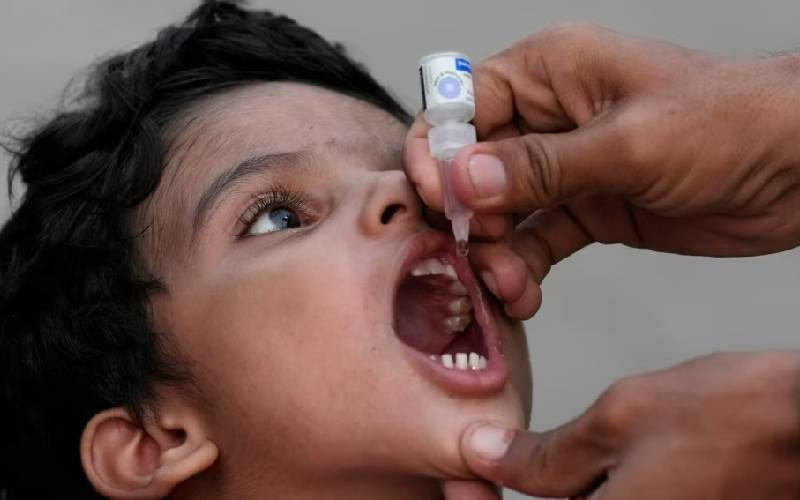
Only 12 children around the world have been paralyzed by wild poliovirus so far this year, all of them in Pakistan and Afghanistan - with six reported in each.
They are the last two countries in which the highly infectious disease still exists.
Moreover, the World Health Organization has warned that the countries' vaccination programs continue to miss a large number of children, posing a significant risk to gains made against the crippling wild Type 1 poliovirus.
In addition, Pakistan's campaign to repatriate undocumented Afghans has increased the risk of cross-border poliovirus spread and spread within the two countries, the WHO said in a statement Friday.
Since mid-September, nearly half a million Afghans have returned to Afghanistan, escaping the crackdown on foreigners living illegally in Pakistan. The number of returning Afghans is expected to reach 1.7 million.
Pakistani officials have reported a sharp increase in environmental detections lately, documenting 60 positive samples since September and bringing the year's total to 82.
Samples have been found in major cities, including Quetta, Karachi, Peshawar, Rawalpindi and the national capital, Islamabad, the WHO said.
It said political instability, insecurity in some areas and vaccination boycotts continue to hinder anti-polio efforts in Khyber Pakhtunkhwa province, whose capital is Peshawar. The province borders Afghanistan, and four of this year's six reported polio infections were in Khyber Pakhtunkhwa.
- Why that negative HIV test result could actually be positive
- Human cases of bird flu 'an enormous concern': WHO
- WHO: Liberia, Benin, Sierra Leone roll out malaria vaccine
- 'My mother had to live on the streets to protect me'
Keep Reading
The rest were detected in Karachi, the country's most populous southern port city, which had recorded zero cases in the last two years. Officials said both polio cases are children from Afghan refugee families.
Pakistan, with a population of about 241 million, came close to eradicating polio in 2021, when it reported only one case of paralysis from the virus. However, the country saw a spike in 2022, with 20 confirmed cases of infection.
Afghanistan has not reported new polio cases since August, and the virus has been cornered in its eastern Nangarhar border province, which reported all six infections this year.
The WHO cited an improvement in the quality of the vaccination campaign in the eastern regions of Afghanistan.
It noted in its Friday statement, though, that difficulties remain in various southern provinces, where almost 200,000 children are yet to be reached during the vaccination campaign.
"Any setback in Afghanistan poses a risk to the program in Pakistan due to high population movement," the U.N. health agency said.
 The Standard Group Plc is a multi-media organization with investments in media platforms spanning newspaper print
operations, television, radio broadcasting, digital and online services. The Standard Group is recognized as a
leading multi-media house in Kenya with a key influence in matters of national and international interest.
The Standard Group Plc is a multi-media organization with investments in media platforms spanning newspaper print
operations, television, radio broadcasting, digital and online services. The Standard Group is recognized as a
leading multi-media house in Kenya with a key influence in matters of national and international interest.


